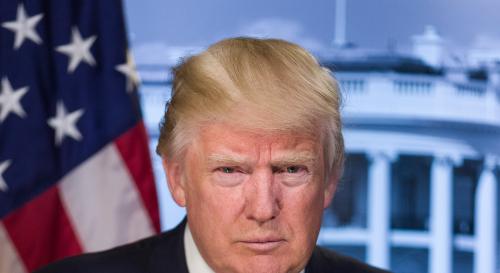
Breadcrumbs navigation
BISA at 50: Reflections and perspectives – The new dimensions of foreign policy (1975!)
As part of the 'BISA at 50: reflections and perspectives' article series, Professor Jack Holland looks back at the themes of the first BISA conference, which took place in 1975. What notable events were taking place on the world stage at that time? And are they still relevant in IR today?
1975 was noteworthy for the first ever BISA conference, which promised discussion of the new dimensions of foreign policy: the fragmentation of power; the monetary dimension; the technological dimension; the energy dimension; and the maritime dimension. All of which, I’m sure you’ll agree are completely irrelevant today…
Some have called 1975 ‘the year that made the modern world’. A bit of a stretch perhaps but we’ll allow some hyperbole to start a blog post.
Even downgraded to annus mirabilis, 1975 was noteworthy for several developments on the word stage – not least, a refugee crisis and the first ever meeting of the G6. Significant US-focused foreign policy developments were particularly plentiful. Key figures involved included: Brent Scowcroft, who became National Security Advisor; Bush Snr, who became CIA Director; and Henry Kissinger, whose shuttle diplomacy failed, sparking a wholesale reassessment of US foreign policy in the Middle East. Optimism following the signing of the Helsinki Accords, détente, and a renewed focus on human rights in US foreign policy was more than counterbalanced by concerns around nuclear proliferation and the fall of Saigon, with the latter searing into the collective consciousness of Americans and the watching world.
Back to the future we go.
Today, in 2025, all eyes are once again on the United States. The end of the Vietnam War and fall of Saigon offer a neat – and troubling – parallel to the fall of Kabul, four years ago. Both stand as testament to the limits of American hard power – and staying power – in regions of the world of seeming strategic importance to the US elite but relatively unidentifiable to the general populace. That discrepancy between what Samuel Huntington termed the ‘dead souls’ of American elites and its ‘thank God for America public’ has helped to shape US foreign policy in the 50 years since, continuing to guide it today. Punctuated by the hubris of the 1990s, off the back of the Gulf War (‘we really kicked the Vietnam Syndrome!’, declared Bush Snr), and the Jacksonian/Hard Wilsonian fantasies of the War on Terror (think: orange jumpsuits amidst a Freedom Agenda), America has consistently polled in favour of a foreign policy more focused on its immediate region than adventurism overseas. This, perhaps, is bad news for Canada and particularly Mexico, given the racial inflections of contemporary popular – and now official – foreign policy discourses. At the most general level, Trump’s foreign policy is designed to align with the will of the common man: the pursuit of a primacy you do not use; refraining from going abroad in search of monsters to destroy; and focusing, instead, on events and issues much closer to home.
Closer to home still, 1975 witnessed Britain’s first referendum on membership of the European Community. The good news is that – if 41 years is an acceptable time to wait between referenda – perhaps we can have a third in 2057? OK, maybe that’s a bit too late for Rachel Reeves to benefit from, but our grandkids might do well out of it. The fallout from 2016 – Trump and Brexit – continues to dominate the Special Relationship and Anglosphere politics. Keir Starmer’s relatively adept handling of the difficult Trump relationship stands in stark contrast to his (lack of) popularity at home. Contrast that that, again, with the upswell of popular support around Reform UK and, particularly, party leader Nigel Farage. This matters for many reasons including the domestic drivers of foreign policy and the contingency of political outcomes. In four years’ time, will MAGA and the threat of Reform be gone? Or will Prime Minister Farage be courting President Trump as he commences his third term in office? Such questions should really and ideally be ridiculous. The fact they are not speaks to the fierce urgency of now. Perhaps it was ever thus, but, in 2025, BISA still has a big and important role to play, facilitating teaching and research on the biggest political and foreign policy questions of the day. As geopolitical power fragments and we pursue technological and maritime superiority through AUKUS, we also continue to fret about energy security and the potential for another financial collapse. Today’s BISA looks quite different from its earliest incarnations, but the issues it sets out to confront demonstrate significant and enduring continuities. Here’s to the study of the ‘new’ dimensions of foreign policy, 1975-2025.

